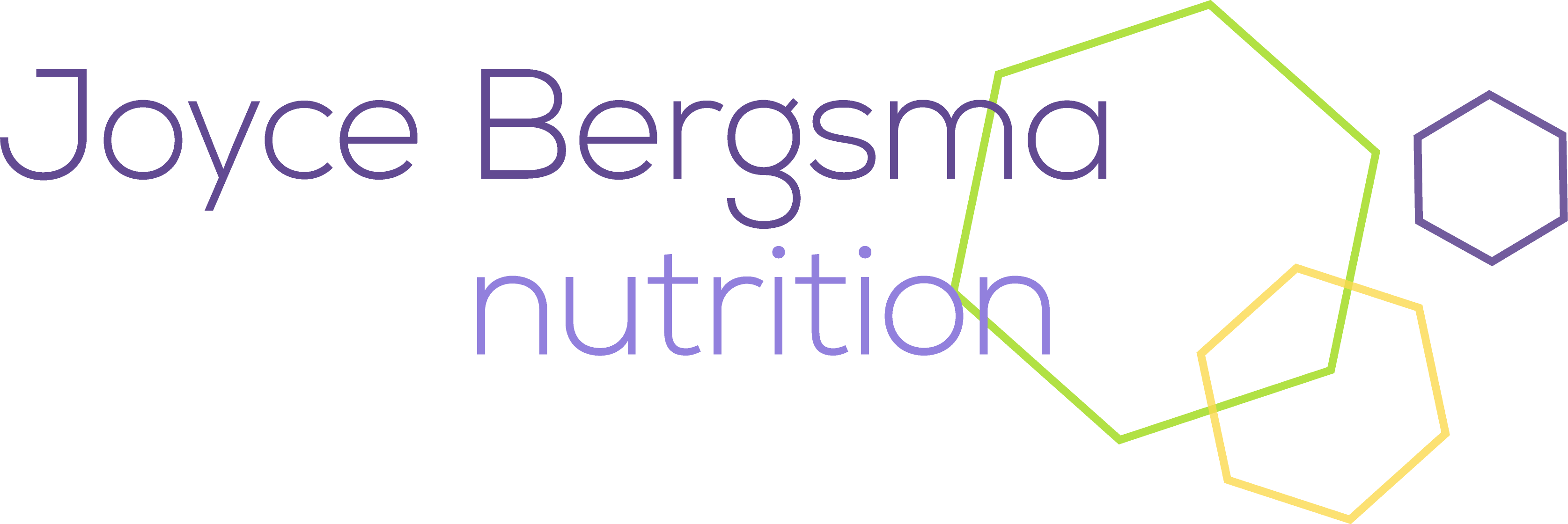
Anna – a case study, part 1
by Stephen Davies, Psychologist & Running Therapist
Introducing Anna
Anna is a 26 year old female from the United States that has been living in the Netherlands for about 5 years. She decided to move after meeting her current partner Hans while travelling around Europe. The initial organisation and move itself was very exciting and went without issues. Although Anna was sad to leave her family in the States they were all very s,upportive of her decision. Life in the Netherlands also started smoothly, together with her partner, Anna was able to organise her residency permit and some work. She was introduced to all his friends who appeared happy to accept her into their social circle. She started learning the Dutch language but had difficulty practicing her new skills. Every time she attempted to speak Dutch she would receive a reply back in English. Hans and his friends did not seem to mind talking English with her so after a couple of years her determination to learn Dutch faded. Her experiences in the work field were also mixed. Finding the first job had been easy, but she was only being offered temporary contracts so would have to start searching for a new position elsewhere every six to twelve months. The work available to her was also limited, the study she had completed in the States was not relevant in the Netherlands so possibilities to expand were difficult to find.
Anna’s Problem
In the last year Anna has been feeling down about her current situation. She has the feeling that she is stuck in a rut with few options. She does not feel stimulated by her current employment and has difficulty connecting with her colleagues. Due the number of short-term contracts she has had and the amount of people she has met and subsequently lost contact with along the way, she questions whether making new friends is worth it. As a result her social activities are limited, even with the friends of Hans. Anna frequently excuses herself from parties that he has been invited to. In her opinion, Hans’ friends have become less accommodating, conversations between the group are carried out in Dutch at a speed that she has difficulty following and she finds interaction with the group very difficult. She also has difficulty adding anything to a conversation. She has begun to find her lifestyle boring and dull and cannot believe others would be interested in hearing about it. Contact with friends and family back in the States has also diminished in the last couple of years. She used to be active on social media and have weekly chats, but again she had nothing interesting to tell. She has been avoiding social media, as she found that reading her friend’s anecdotes about holidays and nights out with each other was making her sad rather than making her laugh. The promised visits from most of her friends have never materialised and her financial situation has only allowed one return visit since her arrival in the Netherlands.
Now that the days are getting shorter, Anna has been finding herself feeling tired all the time and going to bed much earlier than usual. Even with the extra sleep she does not regain her energy. This has also impacted the intimacy in her relationship with Hans. Sexual contact between the couple is rare and Anna feels guilty for rejecting his advances. When they do have sex she does not enjoy it as much as before. Anna feels that she is drifting apart from Hans. Their conversations are shorter than before, he works during the week and frequently socialises without her if she is not in the mood to join him. Anna spends more time alone watching TV and eating junk food.
Anna’s weight has increased in the last months. She has been telling herself and others that she needs to start exercising, but has not had much success in starting a regular pattern. She has made a couple of serious attempts, has joined a gym and goes four times a week for the first two to three weeks. Then after missing a session or two she has problems re-establishing her rhythm. She eventually stops altogether, which leaves her feeling deflated and frustrated with herself.
Anna has not told others how she is feeling and doesn’t think they will understand. She feels like she has made a mistake moving so far away from home, but then feels guilty for having these thoughts. She still loves Hans, but is concerned that her relationship is starting to fail and that he may meet someone else soon. These thoughts make her very upset and at times a little desperate.
How could Anna benefit from therapy?
There are a number of ways in which Anna’s situation could be improved by starting therapy.
- A holistic approach that addresses her passive behaviour as well as her negative thoughts towards her current life in the Netherlands and her relationship would be a realistic approach. Backing these interventions up with theoretical information regarding the effects of both passivity and continued stress on the brain may provide insight into why her mood is becoming increasingly negative.
- Walking Therapy would be a worthwhile intervention, allowing Anna to see that getting out of the house and engaging in moderate exercise can improve her mood. During these sessions attention could be paid to some of the other key issues that Anna is facing, including, but not necessarily restricted to
- Working through her doubts about living in the Netherlands and establishing if there are alternatives to her current thinking.
- Investigating the goals she may have for the future and determining the steps she can take to start experiencing some success in the short term.
- Discussing her feelings regarding her relationship with Hans and determining how she can seek and gain his support in the coming time.
- Working towards acceptance of her current situation while developing the understanding that she can regain control of her life and give it direction once more.
- A number of Running Therapy sessions could be added as a supplement to encourage continued physical exercise outside the walking sessions. Although Anna has made her own attempts to improve this issue, her attempts have only lead to disappointment so far. This could be due to her setting high expectations for herself or doing activities that she thinks are good for her rather than things she enjoys. In creating a realistic schedule that can be completed and monitored over a number of months it would be expected that Anna enjoys more success and remains encouraged to continue in achieving her set goals over the long term.
What’s next for Anna?
Do you want to hear what happens with Anna in her therapy? We’ll be posting again in a few weeks with an update to her situation.
Stephen Davies is a psychologist and running therapist who started Inter-Active Therapy at the start of 2014. Originating from the UK, he has experience working in the Dutch Mental Healthcare system treating some of the most common mental health issues including depression and anxiety. For more information visit his website http://interactivetherapy.nl/



